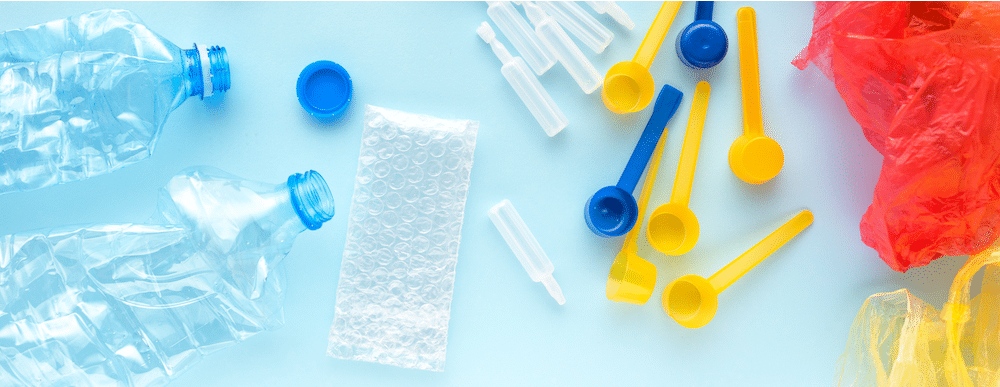Refuse is a term used to describe both recyclable and non-recyclable disposable materials. Most people use the word refuse interchangeably with waste. However, waste refers to any type of leftover material that cannot be reused or recycled.
Refuse, on the other hand, is any leftover that is left to decay, for instance, vegetables or reusable items such as metals or plastics. Refuse, when disposed of improperly, can cause major environmental consequences that can cause harm to both human beings and animals.
To limit the amount of refuse ending up in landfills and water bodies, people are encouraged to manage their refuse properly, follow responsible disposal practises and reuse or recycle as many products as they can.
Below are 15 facts and stats about refuse items in Sydney:
- The highest amount of refuse is generated during festive seasons. The time between Christmas and new year, an extra million tons of refuse is generated every week.
- Sydney has three major landfills. Two of the landfills take putrescible or organic refuse, while the third takes non-organic waste.
- According to statistics, only a third of plastic packing waste is recycled. This means, about 600,000 tonnes of plastic packing is not recovered for recycling out of 900,000 used.
- There are limited recycling plants in Sydney, Australia. Therefore, the highest percentage of its refuse is exported to other countries for recycling, rather than handling it domestically.
- Aluminum can be recycled as many times without losing its quality, yet only a small fraction of aluminum cans are recovered and recycled. However, the percentage of recycled aluminum is higher than that of plastics and metals.
- The amount of waste generated annually is growing at twice the rate of the population. This means as cities become more populated, the amount of waste continues to grow rapidly.
- There is a lot of food generated in Australia every year, however, much of this food ends up in a landfill and yet many people still struggle to afford their daily meals.
- If only 1 per cent of Sydney’s population composted food refuse rather than throwing them away, it would save approximately 45 million kilograms of carbon dioxide.
- While the rate at which refuse is being recycled each year increases, the rate at which more waste is generated also continues to increase. We should yearn to reduce consumption and increase recycling to reduce the amount of waste ending up in landfills.
- Every Australian produces approximately 330 kilograms of waste paper and 118 kilograms of plastic waste every year.>
- Although we are now in a digital generation, paper and cardboard are still the number one consumer item and around 230kg per person per year of un-recycled paper is used.
- Australia is among the leading countries in paper and cardboard recycling rates. Recycling one tonne of paper saves 23 trees and other resources used in the process of paper manufacturing.
- Plastic bottles are among the most common type of refuse found in landfills. However, it will take them years to fully decompose because they are sheltered from sunlight.
- Australia, whose capital city is Sydney, is among the most wasteful countries in the developed world. The percentage of waste generation in Australia is higher than its population.
- More than two-thirds of adults in Sydney are concerned about rising household waste accumulation and disposal levels. As a result, more people are trying to dispose of their waste efficiently and in an environmentally friendly manner.
From the facts and figures above, about refuse accumulation and disposal in Sydney and Australia, it is scary to know that more trash is generated daily. However, saving the environment from the harm caused by irresponsible waste disposal is an area where everyone has to play their part. Landfills emit dangerous gases, they are unpleasant and limit the amount of available space in society.
For responsible waste disposal in Sydney, contact Paul’s Rubbish Removal. At Paul’s, we care about the environment. Therefore all our waste is disposed of responsibly and in an eco-friendly manner or is recycled.
Call us today to learn more about our services at 0407 125 125.







